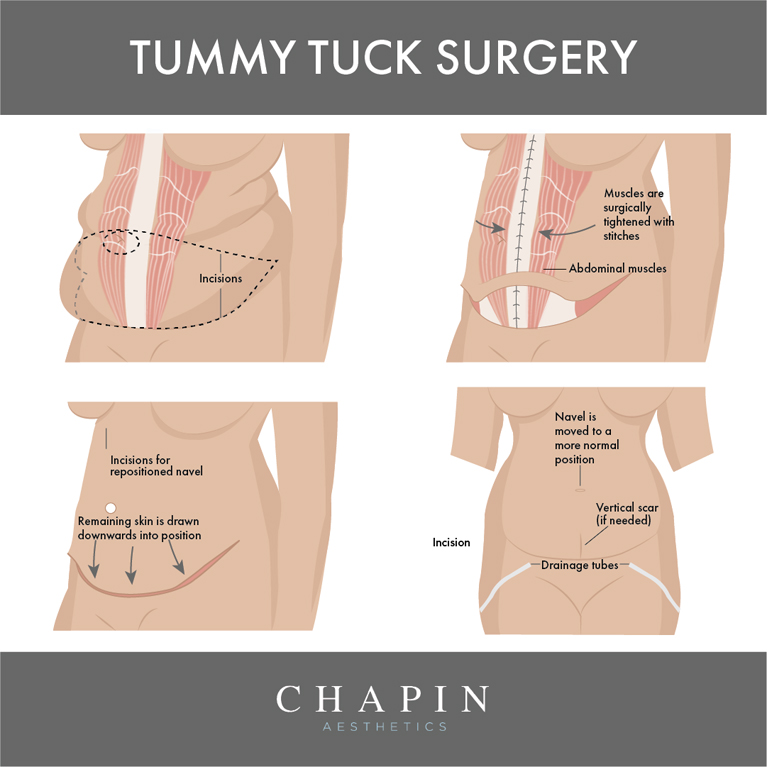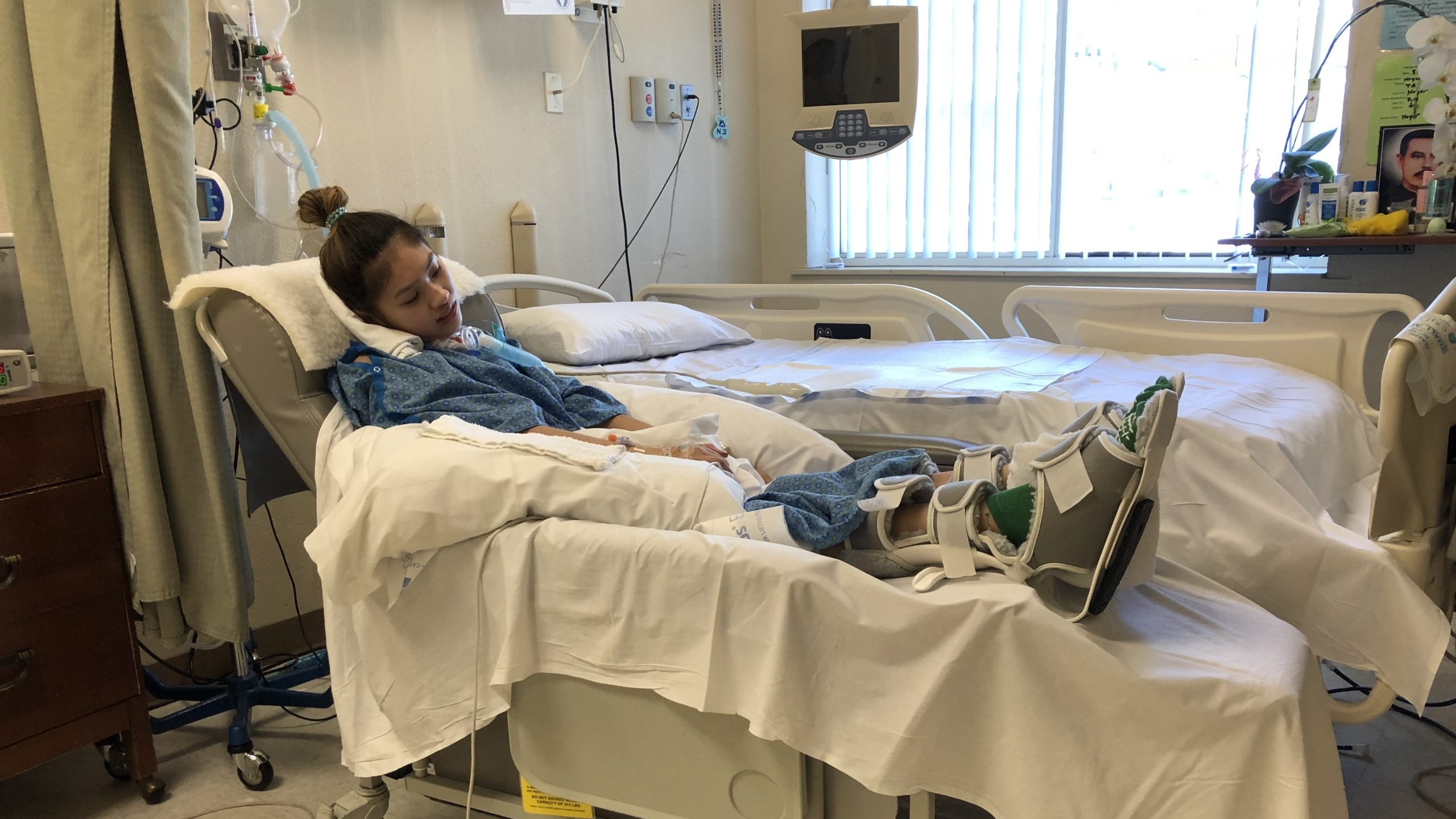
Breast implants can be fatal. It is not common. This cancer develops from a long-term inflammatory response to bacterial contamination. The following article will explain the symptoms of this cancer and the treatment options available to women who have developed the condition. The following are the treatment options for breast implant cancer patients. Most breast implant patients will not experience any complications, despite the possibility.
BIA–ALCL is a form of cancer in breast implants
You should be aware of what to expect if you are considering breast implants. Breast implants cancer may cause lumps, asymmetry and pain. It can also be caused by BIA/ALCL. The majority of breast cancer develops between seven and ten years after the procedure. However, it can also occur sooner. Breast cancer can be detected by a mammogram, but it is not always found.
While ALCL can occur anywhere in the body, it is usually found in the skin or lymph nodes. BIA ALCL (a subtype) forms in scar tissue, around the breast implants, and is a form of ALCL. Surgical removal of the implant may be necessary to treat this type of cancer, but early detection can help patients avoid its devastating effects. It is possible to cure the disease if it is detected in its early stages.

It is very rare
While the risk of getting breast implants is relatively low, the association between implants and certain types of cancer is a serious one. Implants can cause Anaplastic Large-Cell Lymphoma, which is a rare form. The disease affects the immune systems and can develop long after implants are placed. Fortunately, it is curable once diagnosed and treatment options are many. Women experiencing new pain, swelling, and asymmetry in the breasts should consult their doctor.
It is possible that breast implants could be contributing factors to breast cancer. Although the cause of breast implant-related breast cancer is still unclear, For women who have had implants, the FDA has issued a warning. Although the risk of developing cancer is low, it's still very rare. The UK health regulator estimates that 1 in 4 women could develop ALCL. Experts estimate that the true rate is between eight and ten percent. Most cases are not diagnosed.
It is caused by long-term inflammation from bacterial contamination
It has been implicated with breast implant-associated aplastic large cell Lymphoma. Breast implant contamination by bacteria is an ongoing process. There are multiple biological pathways that can switch the implants from a benign to pathologic state. Breast implants are usually considered to be clinically normal unless they have been infected with bacteria. However, the inflammatory response that biologic signals can cause may alter this status. These bacteria infections can cause a double capsule to form around the implant.
Capsular contracture can be caused by a long-term inflammatory response due to bacterial contamination of breast Implants. The most common cause is biofilm, which is a layer of bacteria around implants. Capsular contracture is more likely to occur when there are infections. As a result, many women have breast implants that do not meet medical guidelines for a smooth appearance after breast augmentation.

Treatment options
There are many options for breast implant cancer treatment, including replacement or removal. These procedures are recommended for cancer-scarred women, as they preserve the natural shape of the breast. They might not be right for everyone. Women who smoke, suffer from connective tissue disease, or have diabetes should avoid them. They also need longer recovery times. Sometimes radiation therapy may be recommended. However, some patients may not find this helpful. Breast implants cancer is treatable. However, there are several things you should consider before having surgery.
FDA is currently investigating complaints about breast implants. The risk of lymphoma, an immune-system cancer, is higher for breast implants that are rough-textured. The risk has been estimated by the FDA to be 1 in 3,000 to 1 per 30,000 patients. The number of lymphoma cases may vary depending on the type of texture implant used and the manufacturer. For this reason, the FDA does not recommend removing any breast implants.